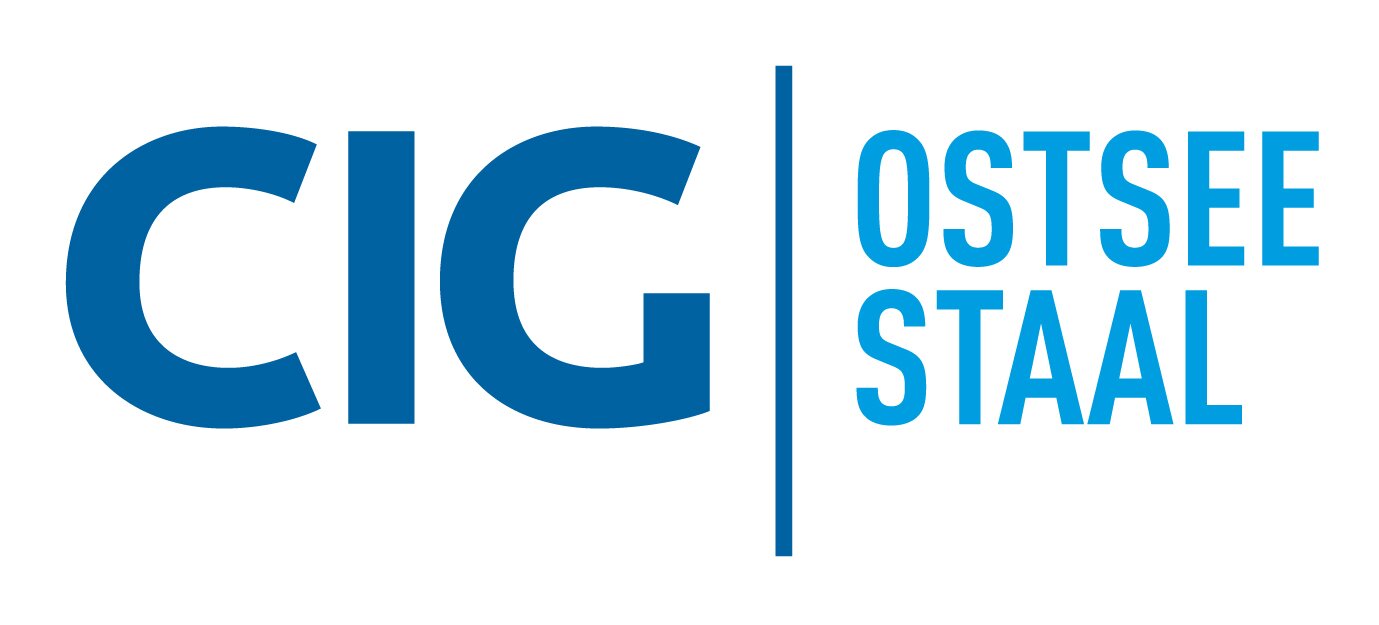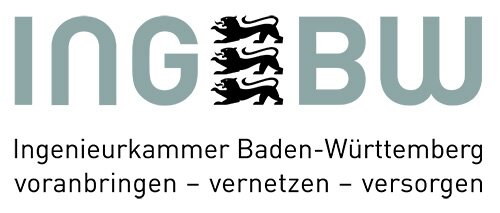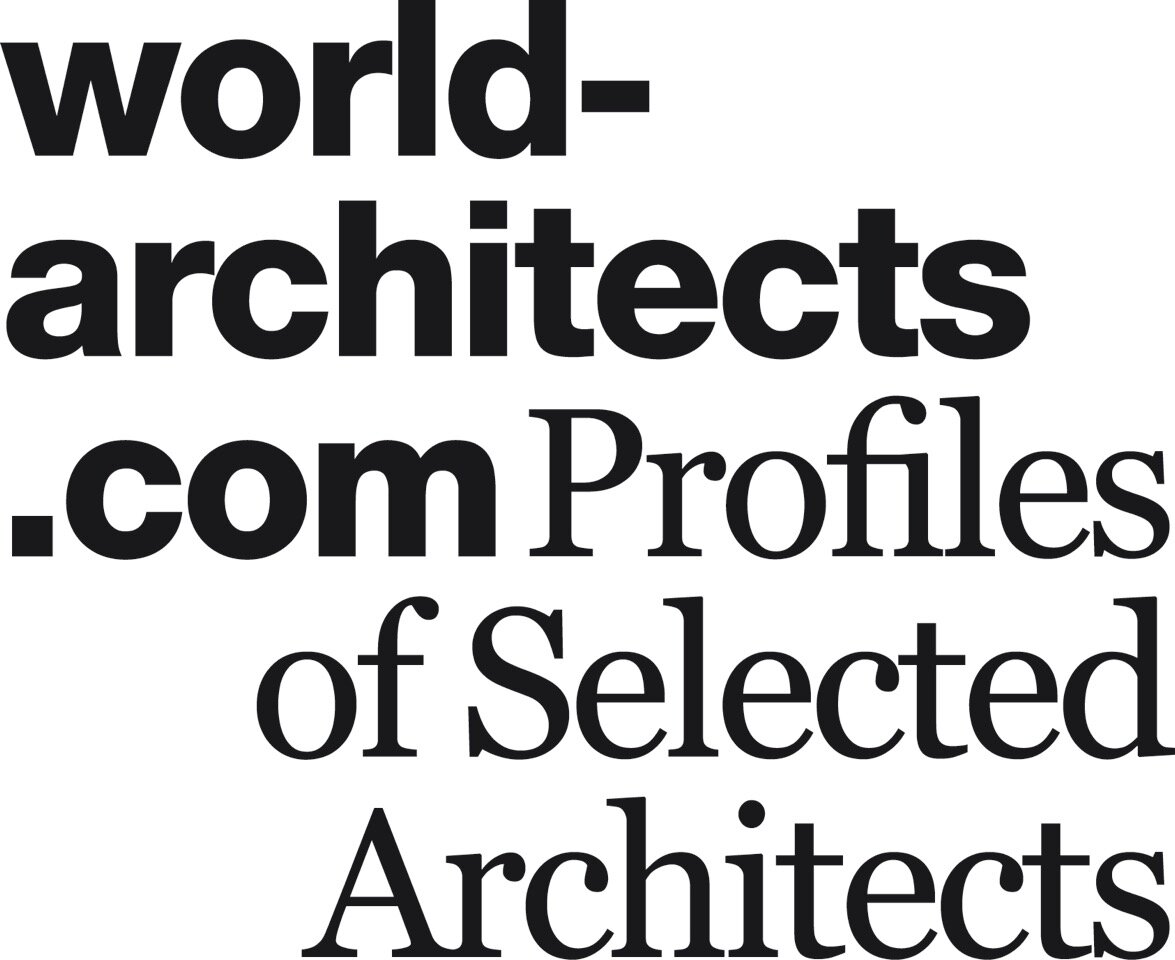Kengo Kuma was born in 1954 in Yokohama (Japan). He completed his master’s degree in architecture at the University of Tokyo in 1979. From 1985 to 1986 he studied at Columbia University as Visiting Scholar. He established Kengo Kuma & Associates in 1990. He taught at Keio University from 2001 to 2008 as professor, and in 2009 he was installed as Professor at the Graduate School of Architecture, University of Tokyo.
Among Kuma’s major early works are the guest house Water/Glass (1995, received AIA Benedictus Award), the Noh Stage in Forest at the Toyoma Center for Performance Arts (received in 1997 Architectural Institute of Japan Annual Award), and the Nakagawa-machi Bato Hiroshige Museum of Art (2000, received The Murano Prize).
Recent works include Suntory Museum (2007), Nezu Museum (2009, Tokyo), Yusuhara Wooden Bridge Museum (2010, Yusuhara), Asakusa Culture Tourism Information Center (2012, Tokyo), the Nagaoka City Hall (2012, Nagaoka), The 5th Kabukiza (2013, Tokyo), Toshima City Hall (Tokyo, 2015), and Komatsu Seiren Fabo (2015). Completed projects outside Japan include: FRAC (Fond Regional d’Art Contemporaine), Darius Milhaud Conservatory of Music (2013), Entrepot Macdonald (Education and Sport Complex, 2014), and China Academy of Art’s Folk Art Museum (2015). A number of large projects are also in progress internationally, such as the Victoria & Albert Museum building in Dundee (Scotland), University Multifunction Center at EPFL in Lausanne (Switzerland), Albert Kahn Museum (France), Padova Convention Center (Italy).
Kengo Kuma was awarded with the International Spirit of Nature Wood Architecture Award in 2002 (Finland), International Architecture Awards for the Best New Global Design for Chokkura Plaza and Shelter in 2007 and Energy Performance + Architecture Award in 2008 (France). He is an International Fellow of RIBA in UK and Honorary Fellow of AIA of the US.




















